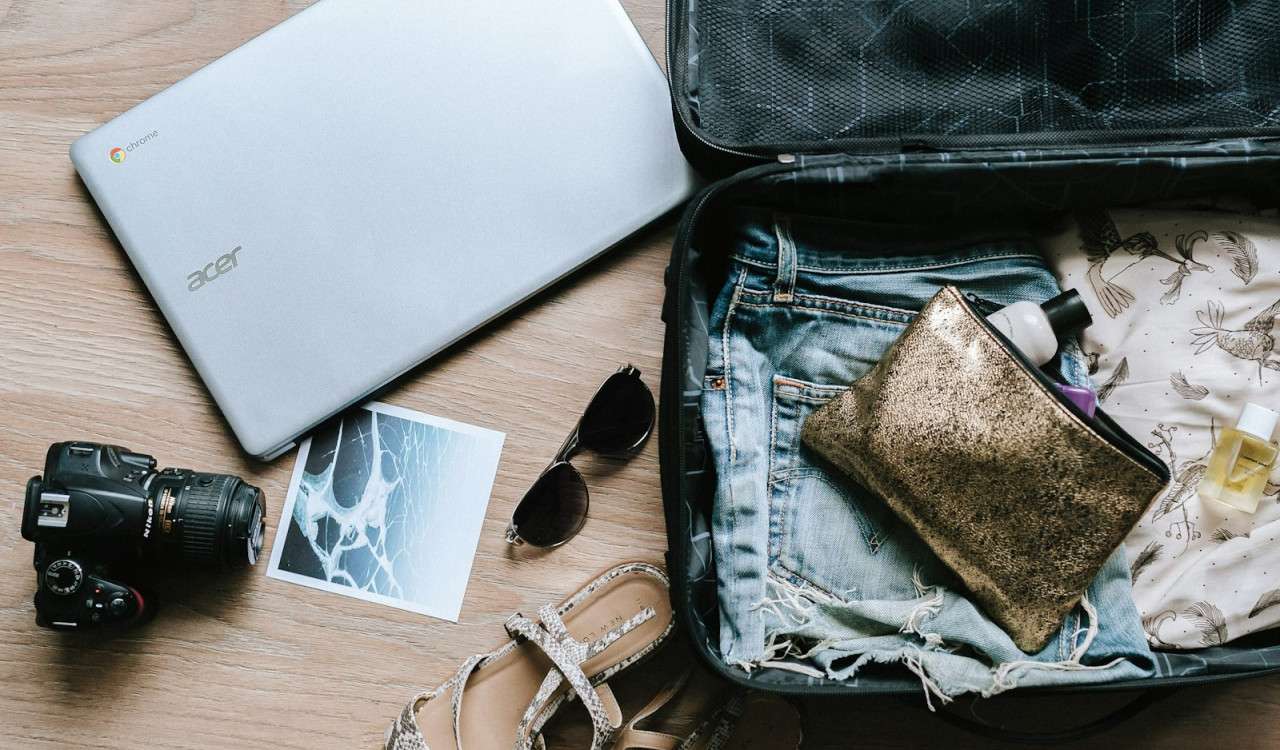Smart Traveler’s Guide to Avoiding Tourist Scams
Traveling opens the door to incredible experiences, but it also makes you a potential target for scams. Whether it’s overcharging, fake services, or misleading offers, knowing how to identify and avoid these pitfalls ensures your trip stays safe and enjoyable. In this guide, we’ll cover the most common scams you might face on the road and how to protect yourself from them.
Fake Taxi or Overcharging
One of the most widespread scams involves taxi drivers taking longer routes or refusing to use the meter. Always research typical fares beforehand, agree on a price in writing if possible, and consider using rideshare apps where available. For more practical travel advice, check out URFREE’s travel tips.
Distraction Tactics
Pickpockets often work in groups, with one person distracting you while another takes your belongings. Stay alert in crowded areas, keep valuables secured, and avoid displaying expensive items.
Fake Guides or Ticket Sellers
In popular tourist areas, you might encounter individuals offering to sell attraction tickets or guide services. These can be overpriced or outright fake. Purchase tickets directly from official counters or verified online platforms.
Accommodation Switch
Some scammers will claim your hotel is closed or overbooked, offering to take you to a different place where they receive a commission. Always call your accommodation directly to confirm before agreeing to move.
Fake Emergencies
Scammers might pretend to be in trouble—asking for money for gas, medical help, or transportation. While helping others is admirable, avoid giving cash to strangers. Instead, offer to contact local authorities or legitimate assistance channels.
ATM Tampering
Skimming devices can be installed on ATMs to steal card data. Use machines located inside banks, shield your PIN when entering it, and check for any unusual attachments on the card slot.
Restaurant Menu Switch
Some restaurants lure you in with one menu and then switch to a more expensive one after you’re seated. Take a photo of the menu before ordering, and clarify prices beforehand.
How to Protect Yourself
Research before you travel: Knowing the common scams in your destination helps you recognize them early.
Trust your instincts: If something feels off or too good to be true, it probably is.
Keep valuables minimal: Carry only what you need for the day to reduce potential losses.
Stay aware in high-risk areas: Tourist spots, markets, and public transport hubs are prime scam locations.
Staying Confident While Traveling
Scammers often target those who appear lost or unsure. Walking confidently, knowing basic phrases in the local language, and having a clear plan can reduce your chances of being approached.
Planning Ahead
Before arriving at a new destination, arrange transport and accommodation in advance. Keep digital copies of all bookings and receipts to avoid disputes. You can find more planning guides on URFREE to make your travels smoother and safer.
Final Thoughts
Travel scams can happen anywhere, but with awareness and preparation, you can avoid them and focus on enjoying your journey. Stay informed, remain alert, and protect both your belongings and your peace of mind while exploring the world.


